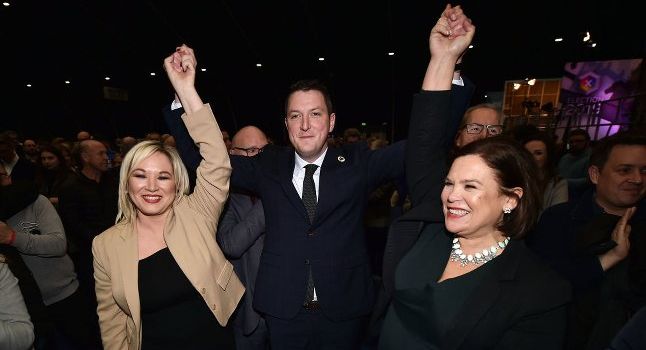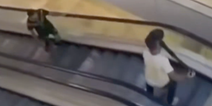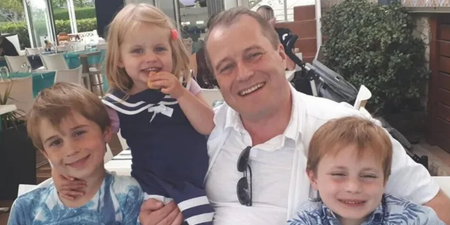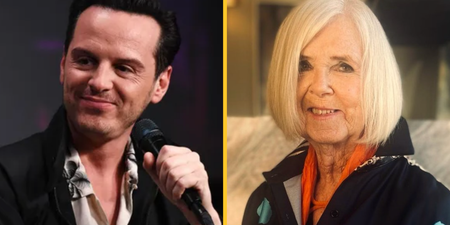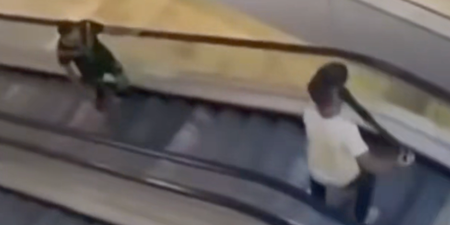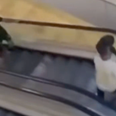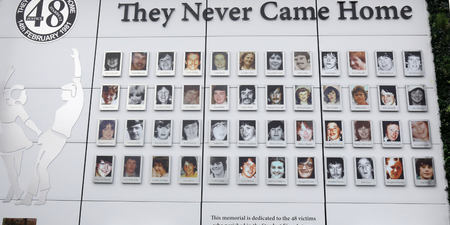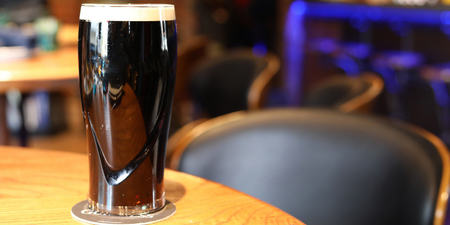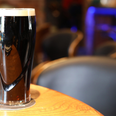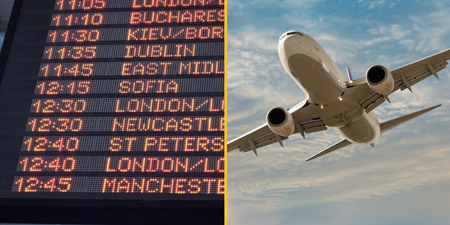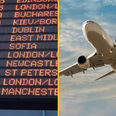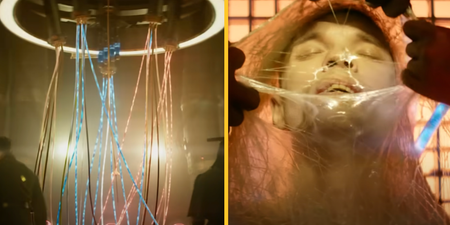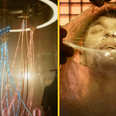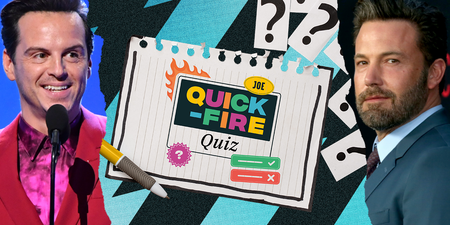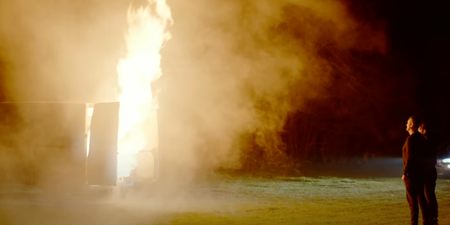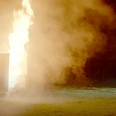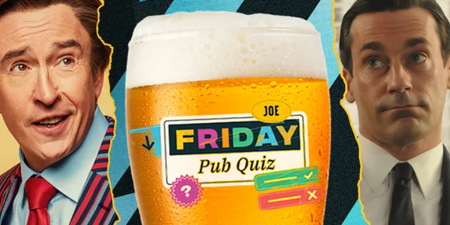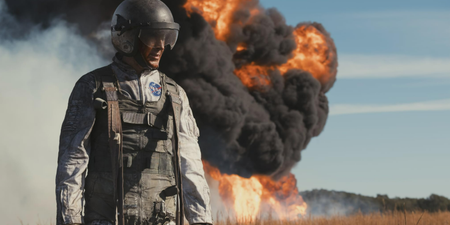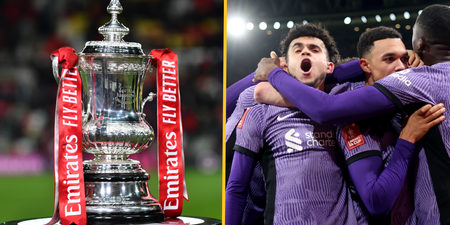A major shift following a bad night for the DUP.
Following a UK general election that saw Boris Johnson and the Conservative Party overwhelmingly retain power as Jeremy Corbyn and Labour suffered monumental defeat, Northern Irish politics has a notably different complexion.
Despite Johnson’s pre-breakfast victory speech, votes are still being counted and an overall result is expected to be announced later on Friday.
In Northern Ireland, the results look to be of huge significance as for the first time more Nationalist than Unionist members of parliament have been elected.
In something of an upset, Deputy leader of the Democratic Unionist Party, Nigel Dodds, lost his seat in the House of Commons to Sinn Féin’s John Finucane, resulting in a major loss of influence in Westminster for the party.
Voting turnout in Northern Ireland was recorded at 62.1%.
18 seats were contested in all, with the results as follows:
DUP: 8
Sinn Féin: 7
SDLP: 2
Alliance: 1
Speaking on the BBC, political commentator Andrew Marr was particularly blunt regarding the immediate outlook for the DUP.
“Well, it’s a moment,” he began.
“I don’t know if you have tears to shed but you might consider shedding them for the DUP. It’s not just that they have lost two seats, which is not a very large number, nor even that the balance has tilted towards the nationalists in Northern Irish seats.
“It’s, if you think about it, the DUP is now in a position where Boris Johnson’s withdrawal agreement – whatever the Prime Minister says – does involve customs declarations on goods running from Northern Ireland to Great Britain and probably vice-versa.
“That has infuriated parts of the DUP with the government here but it has also made Northern Irish business very angry with the DUP, so that’s weakened their position. Then, finally, they have lost their great leverage in terms of the numbers in the House of Commons because the Tories no longer need to turn to them.
“They might even ask for their money back. The DUP are in a much weaker position and I think the entire constitutional balance of power between Northern Ireland and Great Britain has changed – it’s look a tooth that has suddenly become slightly wiggly. It’s nothing dramatic but it’s a big moment.”
Marr also suggested that the DUP might take a radical approach concerning its future.
“They now depend on the Conservatives remembering that they are the Conservative and Unionist Party and really wanting to hold them in,” he noted.
“Alternatively, they could do the one thing that seems almost unthinkable; they could start to talk to Dublin about the future. That would mean all sorts of things.
“We are beginning to see, because of the withdrawal agreement, at least for the next four years, an Irish economy; which is a united Irish economy more or less inside the EU rules while the rest of us are outside.
“That is something entirely new and people in Northern Ireland, like people everywhere else, are also pragmatic and they look at business and prosperity and they ask themselves where their best interests may lie. This is not very good for Unionism as a political cause.”
LISTEN: You Must Be Jokin’ with Aideen McQueen – Faith healers, Coolock craic and Gigging as Gaeilge
